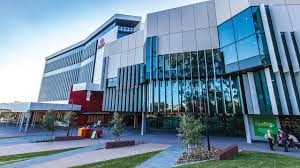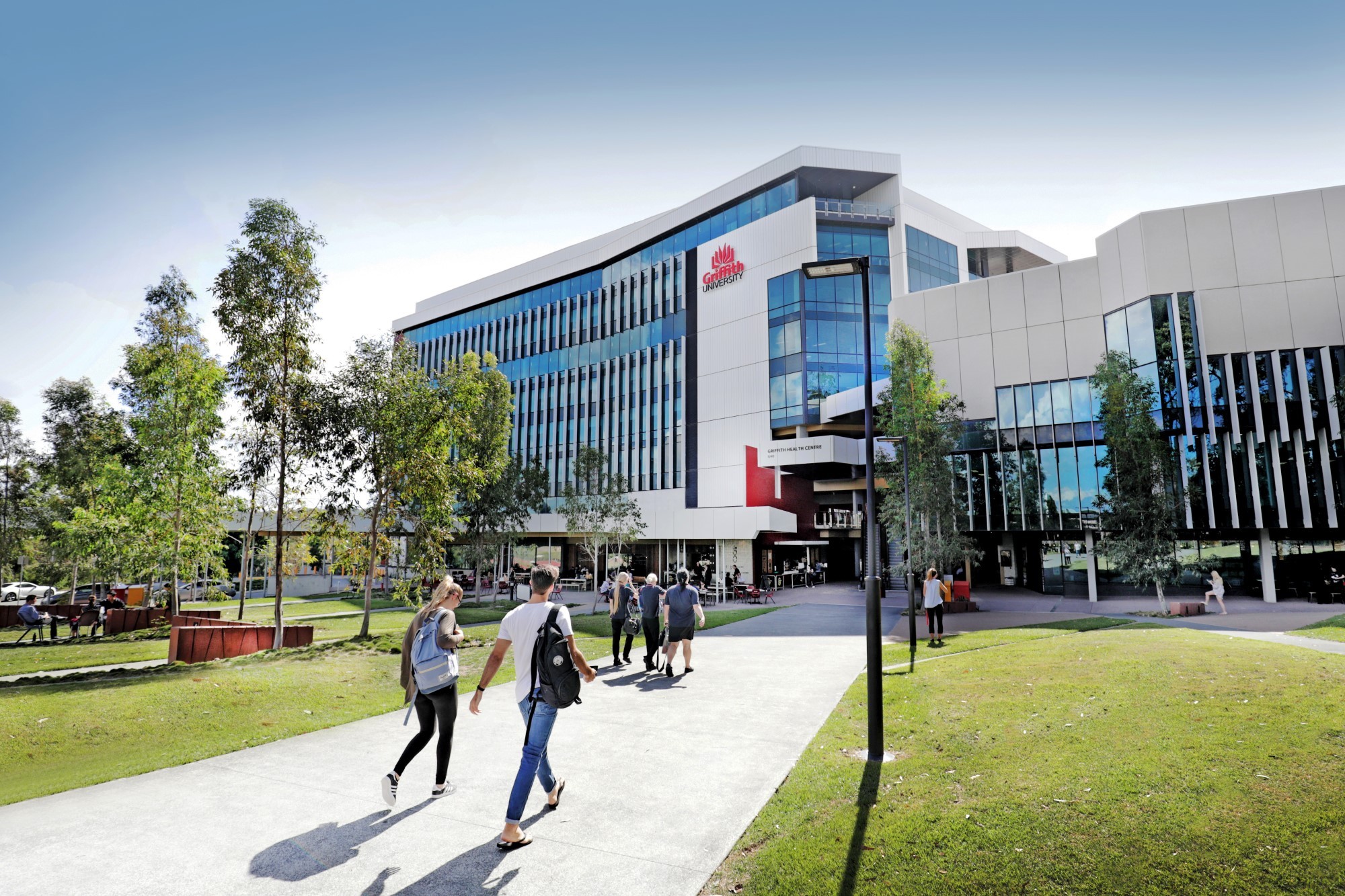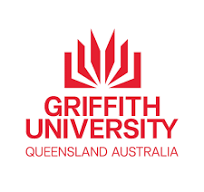
MASTER OF SCREEN PRODUCTION


Overview
2 YEARS
YES
AU $38,000 PER YEAR
FEB, JULY, NOV
Overview
- In the Master of Screen Production, you will undertake practical work, integrated with screenings and discussions that will place your learning in a craft and creative context. This degree has a strong collaborative component, which will help you develop a sound understanding of how your specialist role fits into the production process. You'll make life-long connections with peers across all aspects of the screen production process and you will draw on the networks and bonds created at Griffith Film School in your future professional practice.
- Learn through a problem-based curriculum and develop research skills that will help you respond effectively to the changing nature of the industry. You may have the opportunity to experience a supervised industry placement or internship, preparing you for a creative and exciting career within the international business of screen production.
- With experience in Griffith Film School's world class facilities, including high-end film production equipment; multi-camera, motion capture and sound stage studios; and state-of-the-art sound recording studios, you will be equipped to work in a wide range of film production settings.
> Choose between the Advanced Screen Production major or the Digital Filmmaking major.
MAJORS
Advanced Screen Production
> The Advanced Screen Production major is designed for early career/emerging filmmakers to specialise in their craft. Choose from seven focused specialisations, depending on your interests.
> Cinematography: specialist training in camera operating and lighting. Hone your storytelling skills through cinematography, in close collaboration with directors, VFX and production design students.
> Documentary: gain the skills to develop a treatment and pitch package ready for industry. Work alongside domestic and international professionals, experiment with new technologies and receive training in camera, sound and editing.
> Serial Writing: develop a deep appreciation and knowledge of screen aesthetics. Benefit from experience in an industry writer's room and attend international and Australian masterclasses.
> Producing: develop your research, writing and entrepreneurial skills. Experiment with emerging forms of technologies and collaborate with peers to enhance your skills in line producing, packaging, pitching, financing and distribution.
> Production Design: gain the knowledge and practical experience to further your career as a production designer. You will develop your skills in concept design and pitching, designing and building sets, life drawing and illustration, and virtual production.
> VFX Specialisation: Benefit from industry-level instruction and skills development in VFX software to build your career and grow creatively.
> Directing: Collaborate alongside cinematographers, writers and producers to develop a project. You will also network with major international studios and attend industry events locally and internationally.
Digital Filmmaking
> The Digital Filmmaking Major is designed for postgraduate students looking to further explore the craft of screen-based storytelling. Develop core skills in producing, directing, script, camera, editing and sound, as well as narrative design and interactive storytelling. Hone your business development, entrepreneurship and leadership skills as you create your own business plan and client briefs. Build industry connections through networking events, mentorship programs, and international and domestic study tours.
Artist in Residence
> Griffith Film School invites and hosts a number of Artists in Residence (AIR) to consult and mentor students. Our residency programs give students the opportunity to work alongside industry professionals, to challenge and refine their artistic and technical practices, exchange ideas and perspectives, and inspire students to take their own pursuits to the next level.
> Find out more > https://www.griffith.edu.au/arts-education-law/griffith-film-school/opportunities/artist-in-residence
Related degrees
> Graduate Certificate in Screen Production – 3265
> Graduate Diploma of Screen Production – 4158
Attendance information
> This program is offered on-campus at the South Bank campus.
> If you are an International student on a student visa, you must ensure that you enrol in a way that will allow you to complete your enrolment within the expected program duration as stated on your Confirmation of Enrolment (CoE).
My career opportunities
> Prepare for a wide range of employment opportunities in the screen production industries. Graduates may work professionally as writers, producers, directors, or as specialists in key creative screen production disciplines such as cinematography, editing, sound design, post-production, composition, production design, television, animation, games design or visual effects.
Inquire Now
Entry Requirements
> To be eligible for admission to the Master of Screen Production undertaking a major in Advanced Screen Production, applicants must have:
> a Bachelor degree in Screen Production (or equivalent) or a Graduate Certificate in Screen Production (or equivalent) from a recognised tertiary institution - these students may be eligible for 40 credit points of advanced standing
> OR a Bachelor Honours degree in Screen Production (or equivalent) or a Graduate Diploma of Screen Production (or equivalent) or from a recognised tertiary institution - these students may be eligible for 80 credit points of advanced standing
> OR have a combination of alternative admission criteria such as formal, informal and non-formal learning deemed to be equivalent to either of the above - these students may be eligible for 10 to 80 credit points of advanced standing
> AND a portfolio of professional work which may include documented professional experience or other evidence indicating the applicant's capacity to undertake and benefit from the program. Examples may include scripts (5-10 pages), short films (10-15 minutes), photographs (10 images) or other artworks you wish to showcase, or any combination of the above. You should include a list outlining your contribution or role for each submitted artwork.
> AND provide a brief personal statement of 2-3 paragraphs outlining:
> Why you want to study a Master of Screen Production at Griffith Film School
> A description of your background and any experience in creative arts including screen production
> A description of the research and/or practical projects that you would like to undertake during the study including which discipline, such as producing, writing, directing, cinematography, editing, sound or production design that is of most interest
> To be eligible for admission to the Master of Screen Production undertaking a major in Digital Filmmaking, applicants must have:
a Bachelor degree in any discipline
> AND provide a brief personal statement of 2-3 paragraphs outlining:
> Why you want to study a Master of Screen Production at Griffith Film School
> A description of your background and any experience in creative arts including screen production (links can be included but are not required).
> A description of the research and/or practical projects that you would like to undertake during the study including which discipline, such as producing, writing, directing, cinematography, editing, sound or production design that is of most interest.
> English language requirements apply to International applicants and other applicants whose previous study was undertaken in a language other than English. The minimum English language requirements for such applicants for entry to this program are as follows:
> A minimum overall band score of 6.5 on IELTS (Academic) with no sub-score of less than 6.0
OR a minimum score of 575 on TOEFL
OR an internet-based (iBT) TOEFL score of 79 (no sub-score less than 19)
OR no score less than 3+ in each skill of the ISLPR (conducted by ISLPR Language Services only)
OR a minimum overall score of 176 (no score less than 169) on C1 Advanced (formerly Cambridge Certificate in Advanced English) or C2 Proficiency (formerly Cambridge Certificate of Proficiency in English)
OR an overall score of 58 in the Pearson Test of English (Academic) with no score less than 50.
Fees
> Tuition fees
> An International student pays tuition fees.
> Students are liable for tuition fees for the courses they are enrolled in as at the census date.
> The tuition fee for students who commence their program prior to 2014 is charged according to the approved program fee for the trimester in which the student commenced the program.
> FEE (INDICATIVE): $38,000 per year
Scholarships
> file:///C:/Users/LANDMASRK%20EDUCATION/Documents/Scholarships%20and%20finance%20Griffith%20UNI.html
Popular Courses
Find your perfect course
Head Office
Kamaladi, Kathmandu
Tel: +977 14542781, 9845566225
E-mail: info@landmarkedu.com
Sydney office
46 Macquarie Street,
Parramatta, NSW
Tel: +61 415 122 814
Branch office
Tel: 056-590825
Tel: 021-590828
Tel: 977-71-591694



